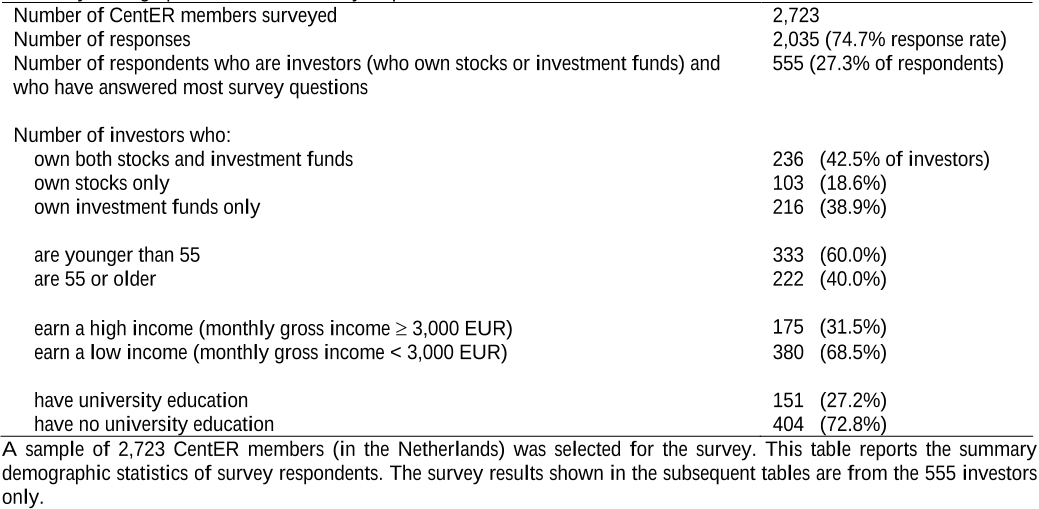Q2. What have the authors stated for future works in "Why individual investors want dividends" ?
The authors do not find much support for the “ irrational ” explanations of the existence of dividends, i. e. the uncertainty resolution theory of Gordon ( 1961, 1962 ) and the behavioral explanation of Shefrin and Statman ( 1984 ).





